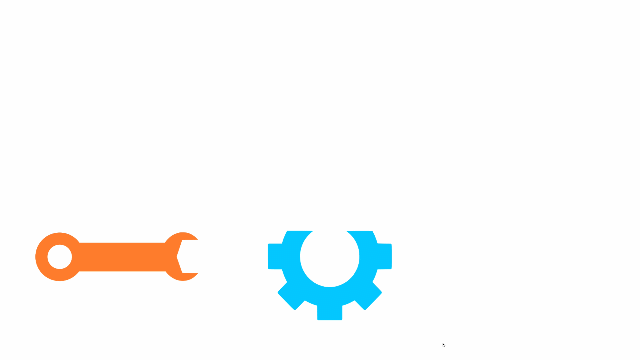Hacking Cognition 2025
PARIS
The 2025 application period is now open!
This year Hackathon will take place in Paris!
From June 30 to July 4
A project-based school
Over the course of a week, you will develop a project in Cognitive Science together with a group of students from interdisciplinary backgrounds! Students come from Paris, Toulouse and Bordeaux, from Masters program in Cognitive Science centered around different specialties including neuroscience, psychology, ergonomics, engineering, AI, and more.


Brainstorming
On the first day, students brainstorm projects and decide what they will work on during the week. You can come with your ideas but also generate new ones as a group! At the end of the brainstorming session, groups will be generated as a function of students’ preferences regarding the projects that emerge.
Project Management
Over the course of your studies, you learn how to manage your studies, your research, your project in general. We help you consolidate this with the concrete case of your project, and help you navigate project management inside and outside academia with project management experts.


Open Science
Open-source, open-access, open-science in general. Today we hear these words all the time. Do you know what it means for research in Cognitive Science, and the consequences for its non-academic application? We will discuss open-science, its goal, ambition and ethical considerations.
Communication
You have practiced presenting articles or even your research with a power point to your teachers. But do you know how to pitch a project, or how to talk science to a non-scientific audience? We will talk about what communicating science actually means.


Job prospects
You are doing a Master in Cognitive Science. Do you know what you will do next? What are the possibilities? We will talk about options and help you navigate the system.
